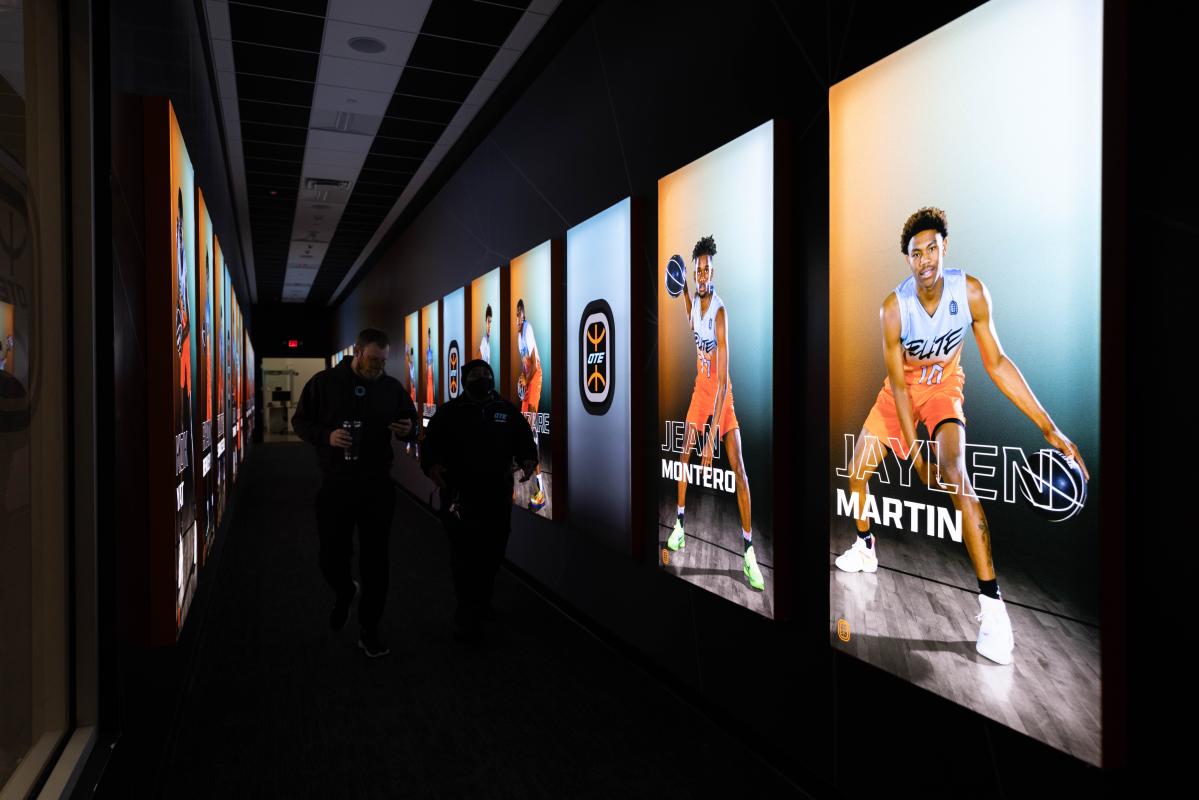Super interesting article. Had no idea this place existed. Just makes me wonder how long until the NBA gets rid of that one year out of high school deal.
Kids do this, even if they don't go pro, still get their college paid for.
Worth the long read.

 www.yahoo.com
www.yahoo.com
Kids do this, even if they don't go pro, still get their college paid for.
Worth the long read.
This new school pays teen basketball players $100K to skip the NCAA and train for the NBA
America's most unusual high school has 27 NBA prospects, three basketball courts, millions from Bezos and Drake and world-class teachers. Can it work?

